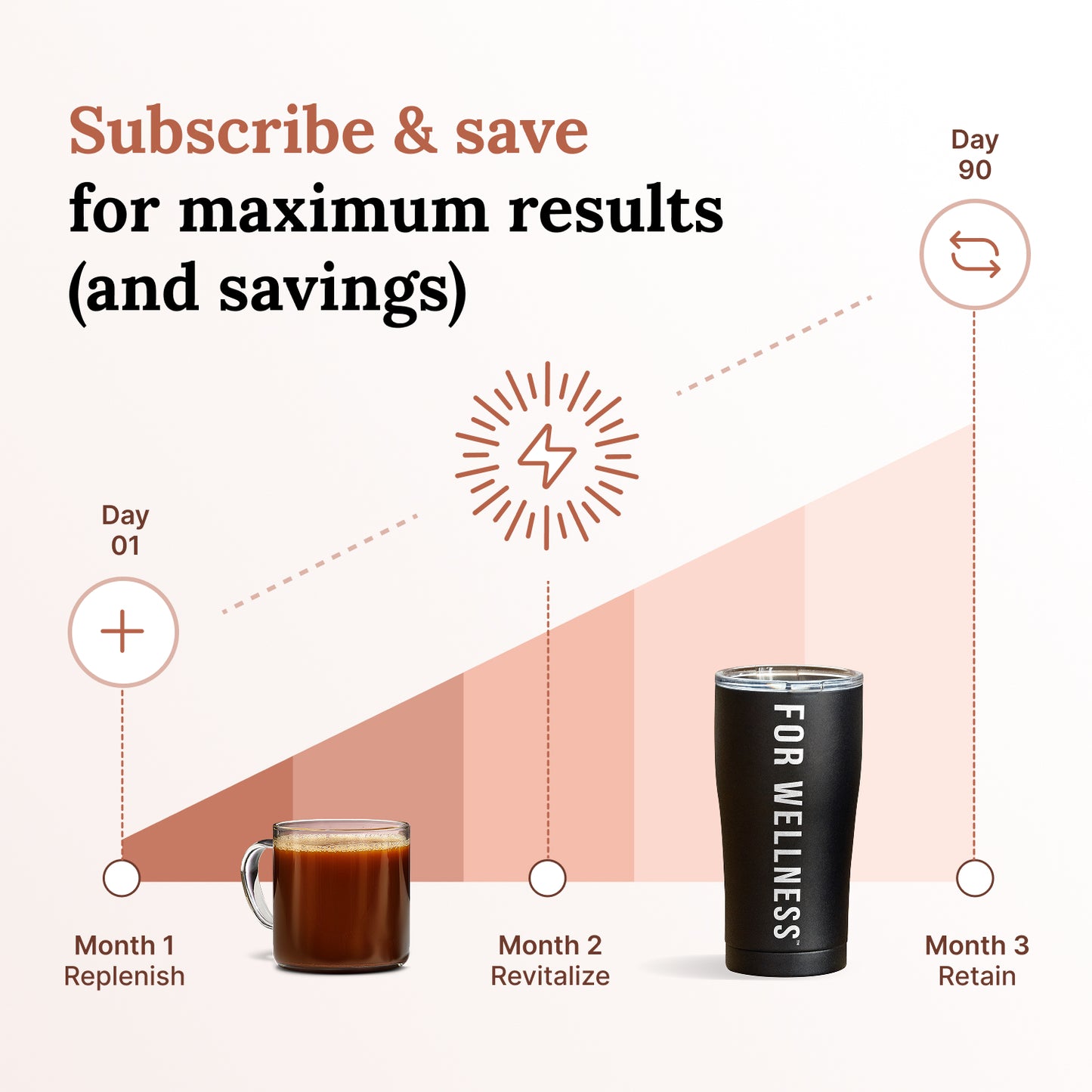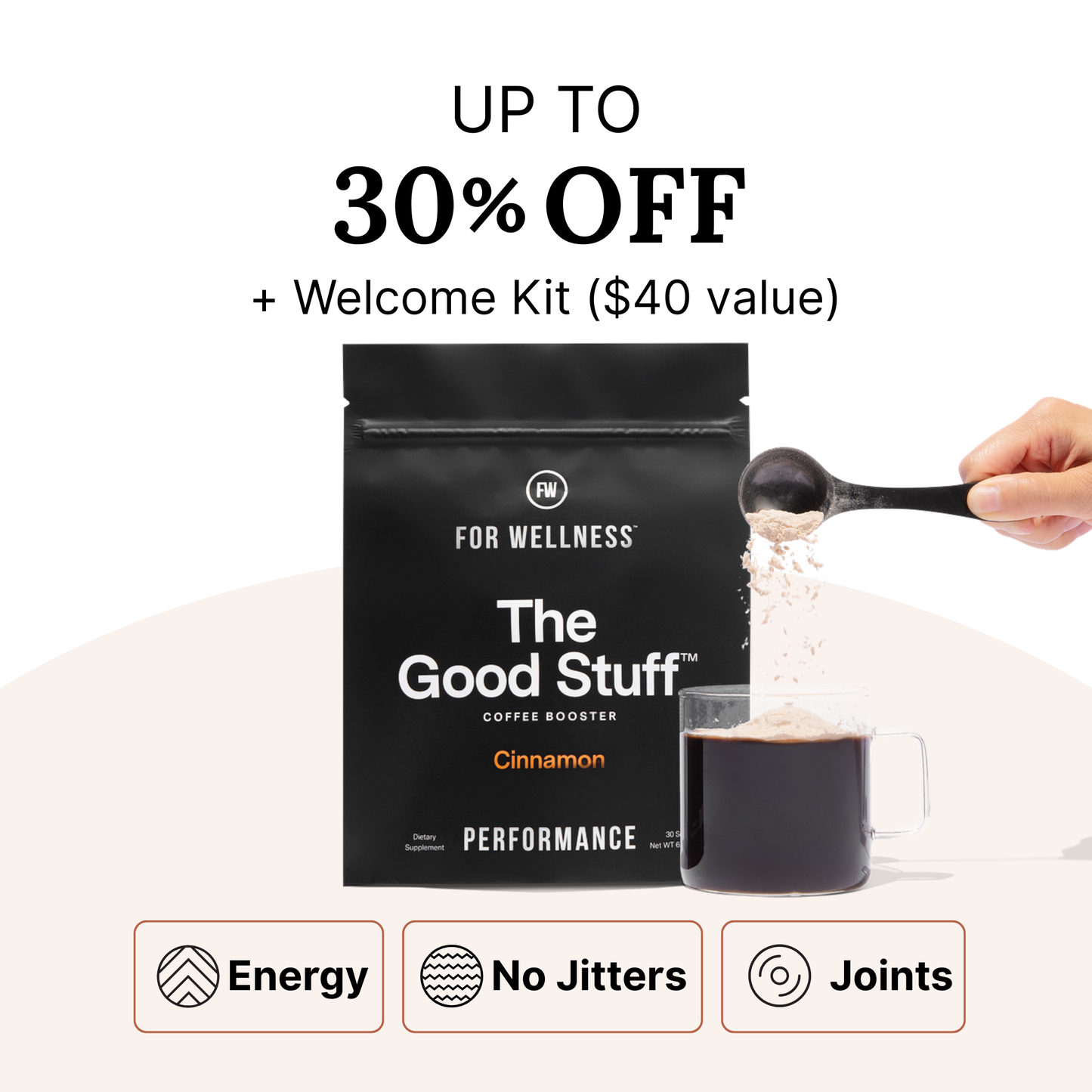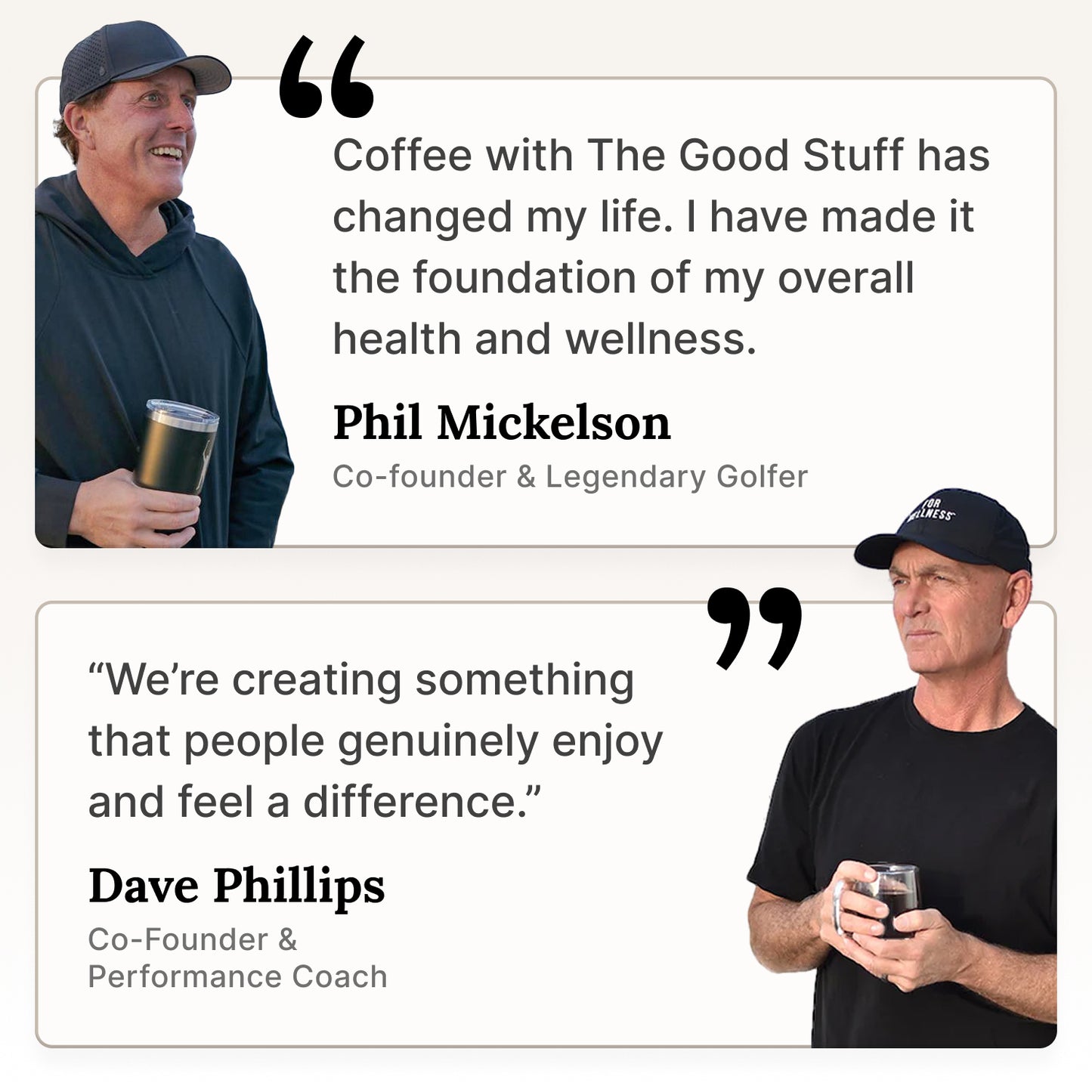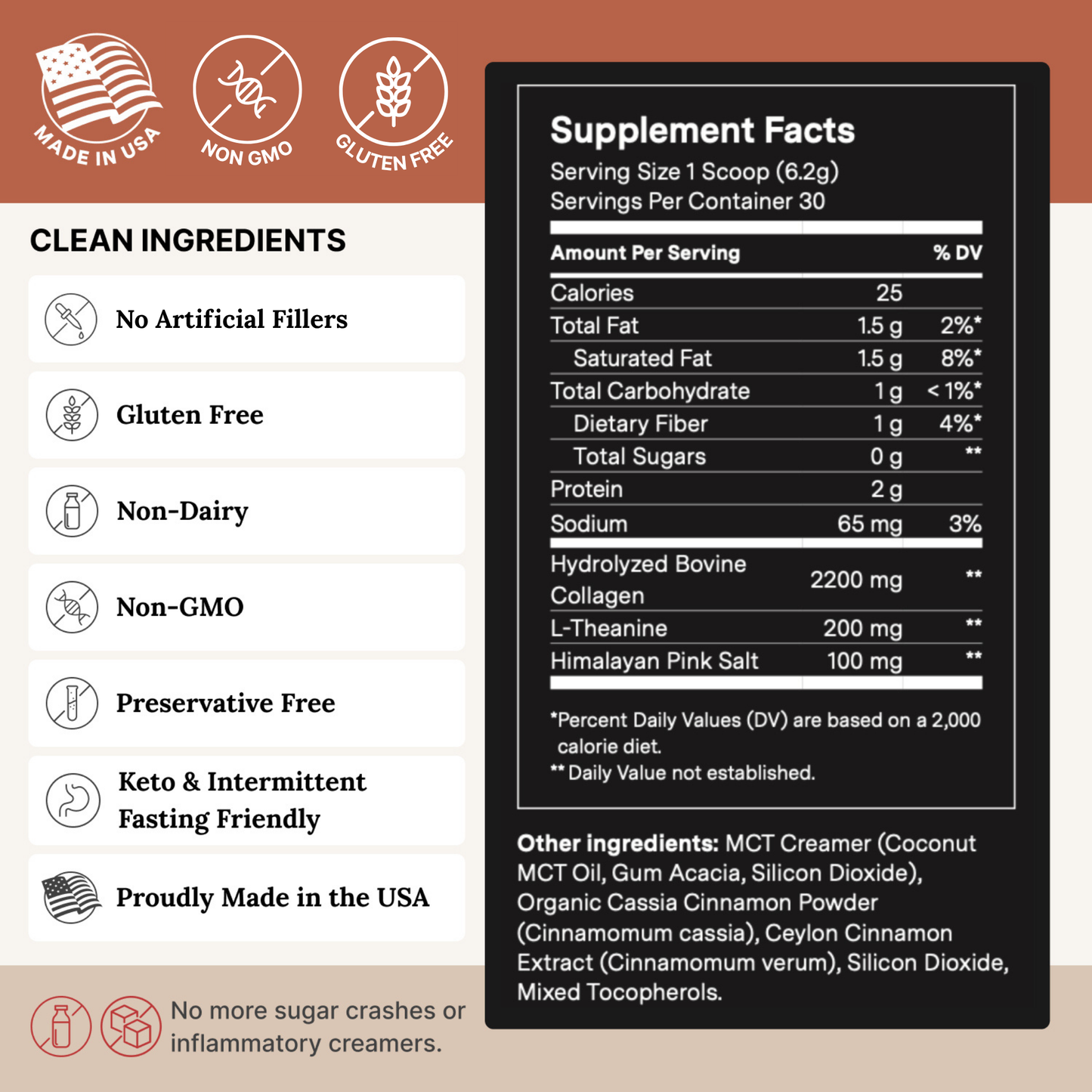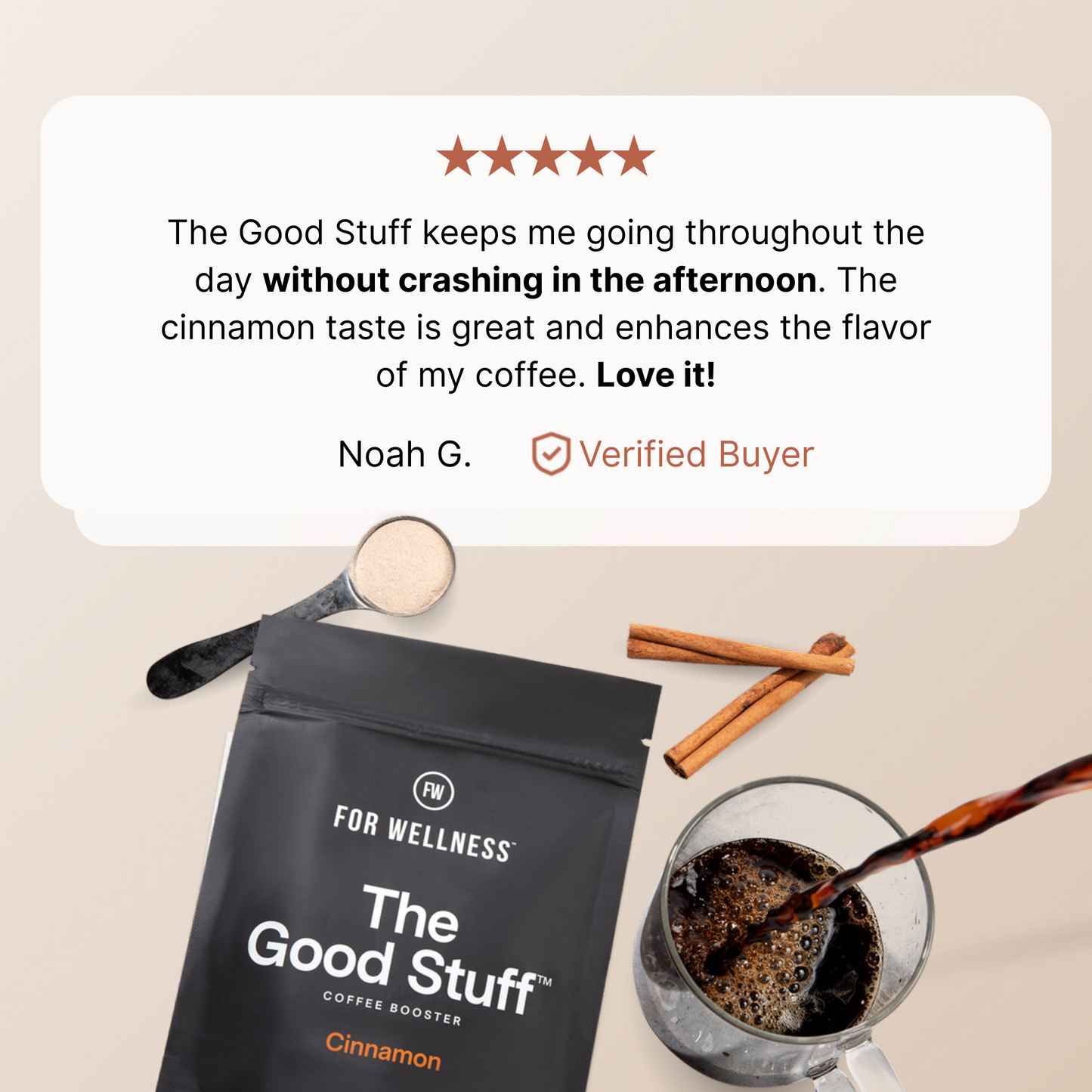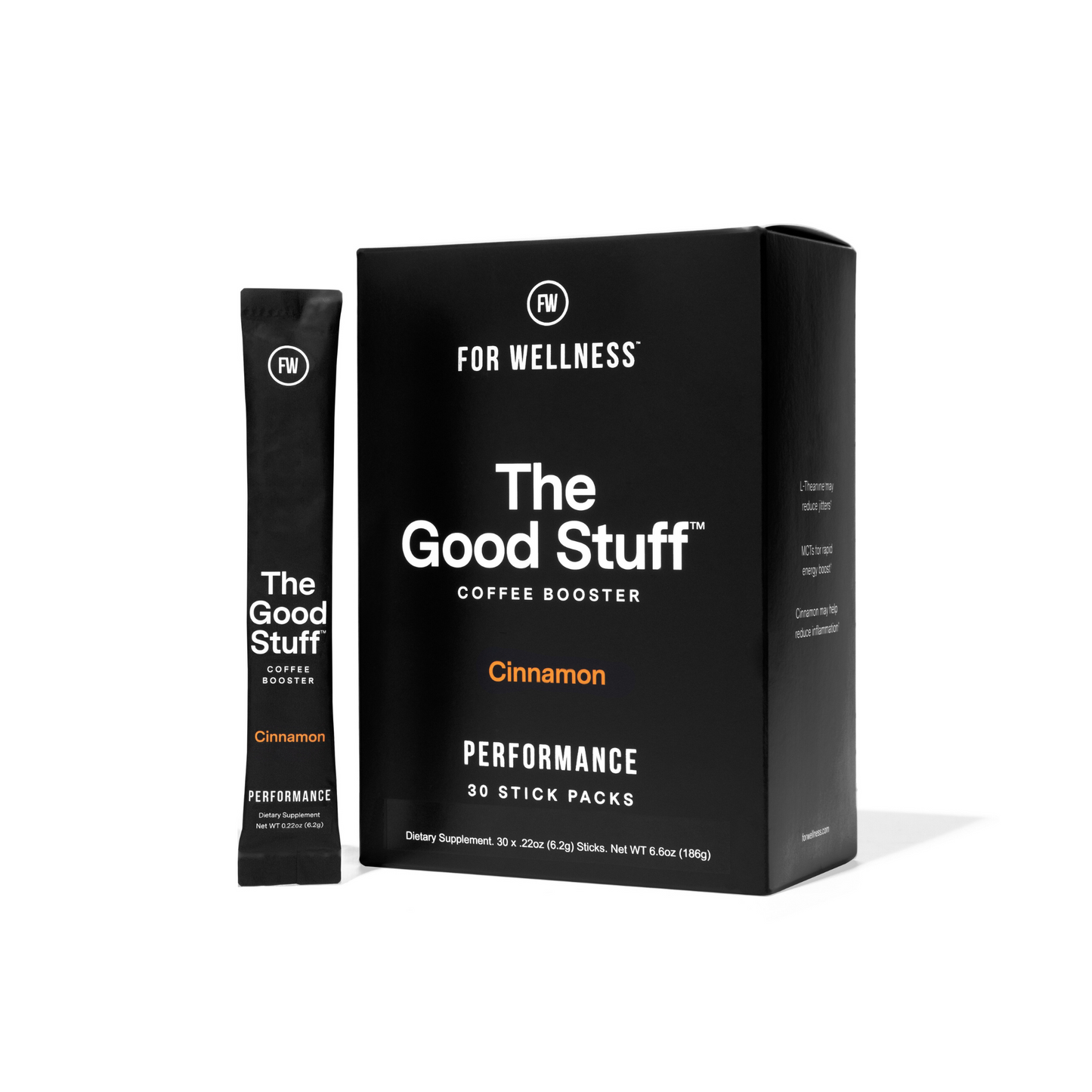Heading into the new year can be daunting and raise feelings of anxiety and nervousness. The stress of ambitions, personal responsibilities, and social dynamics can often lead to overwhelming stress.
Now, imagine a daily routine marked by tranquility and self-assurance—a life where calmness becomes the default response to the challenges that come your way.
Wondering how to achieve this seemingly elusive state? Here, we share strategies to support and empower you to carve your path to serenity.
The Science of Stress and Anxiety
When you encounter stress or anxiety, your body and mind undergo a series of complex changes, often referred to as the “fight or flight” response. This primal mechanism, rooted in your evolutionary history, prepares you to either confront or flee from perceived threats.
At the heart of this response is the release of hormones like adrenaline and cortisol, which result in a range of physical and mental reactions, such as increased heart rate, heightened alertness, racing thoughts, and muscle tension.
This state is designed for short-term crisis management, but in our modern lives, prolonged exposure to stressors can lead to chronic stress, which is detrimental to your overall health.
Chronic stress can contribute to the development of numerous physical and mental health issues, including depression, anxiety disorders, sleep problems, and even cardiovascular disease.
8 Practices for Calming Your Nerves
While there’s no magic switch for shutting off anxiety, there are several strategies that, when practiced consistently, can help you better manage your anxious feelings and find calmness in rough waters.
#1: Incorporate Calming Foods and Beverages
Incorporating foods and beverages with natural calming properties into your diet can be a simple yet effective lifestyle change to help manage stress and anxiety. Some options include:
- Herbal Teas: Certain herbal teas like chamomile and lemon balm have been shown to help soothe nerves and reduce anxiety.
- Omega-3s: Omega-3 fatty acids are essential fats that you must get from your diet. Consuming high amounts of omega-3 has been shown to reduce symptoms of depression and anxiety. Good sources include fatty fish like salmon, sardines, flax, chia, and walnuts.
- B Vitamins: B vitamins play a significant role in mood regulation and nerve function. Foods like avocados, bananas, beans, and lean proteins are rich in B vitamins. These nutrients are vital for creating neurotransmitters like serotonin and dopamine, which help regulate mood.
- Magnesium: Magnesium plays a critical role in the body’s stress response system. Foods high in magnesium, such as dark leafy greens, nuts, seeds, and whole grains, can help regulate the body’s stress response and promote a sense of calm.
- L-Theanine: L-theanine is known for its calming effects on the mind and body. It promotes relaxation and facilitates sleep by boosting levels of GABA, serotonin, and dopamine in the brain. Research has also shown that L-theanine can help improve sleep, reduce resting heart rate, and increase focus and attention. L-theanine is one of the key ingredients in The Good Stuff™, alongside MCT, Ceylon cinnamon, collagen, and Himalayan pink salt, making it a stellar addition to your daily brew.
Psst!: To get the benefits of The Good Stuff™ with an added focus boost, try The Good Stuff™ Focus.


The Good Stuff - Focus
-
Stimulates cognitive function and mental clarity.
-
Slow-release energy and mood enhancer.
-
Delicious mocha flavor you have to try to believe.
-
Unique formula, only available at For Wellness.
#2: Eat a Nutrient-Rich Diet
While once theory, the connection between diet and mental health is quickly becoming fact. This is thanks to an emerging field of study called nutritional psychiatry.
Scientists in this field have uncovered some fascinating findings.
For example:
A 2015 review found a connection between consuming highly processed foods and an increased risk of depression.
Another 2015 review suggests that eating nutrient-poor foods over nutrient-dense ones (e.g., sugary cereal over fruits) can deprive the brain of vital nutrients and result in irritability.
A 2019 study found that certain foods (namely antioxidant-rich foods) and nutrients can act as adjunct treatments for depression.
A 2020 review of 61 studies discovered that, for some people, simply increasing fruit and vegetable intake can improve mental health and emotional well-being.
The best way to ensure you’re getting all the nutrients needed to support your mental well-being is to center your diet around whole foods, which are either unprocessed or minimally processed.
These include:
- Fresh fruits and vegetables
- Legumes
- Whole grains
- Nuts, seeds
- High-quality meat and fish
- Eggs
On the flip side, do your best to reduce your consumption of processed foods, such as baked goods, microwave meals, chips, processed meat products like hot dogs and sausage, sweetened breakfast cereals, candy, and sugar-sweetened drinks. This isn’t about depriving yourself—these diet changes should reflect a desire to evolve into a healthier, happier version of yourself.
For a high-quality healthy snack that promotes a focused and calm effect, try our Superfood Focus Bites. They're made with Lion's Mane mushroom, which is thought to be calming and contains compounds that stimulate brain cell growth and protect them.
#3: Change What You Can, Accept What You Can’t
Learning to differentiate between what is within your control and what isn’t can significantly reduce feelings of helplessness, stress, and anxiety.
Start by making a conscious effort to identify which aspects of a stressful situation you can actually influence. This might include how you respond, your attitude, or taking deliberate steps to change the situation. Conversely, accept that some aspects are beyond your control—like how others act, unexpected occurrences, or certain results.
Accepting these realities is not a sign of defeat but an acknowledgment of the limits of your influence. It’s a strategy that alleviates stress and contributes to a more harmonious and fulfilling life.
#4: Organize with To-Do Lists
Don’t underestimate the power of a simple to-do list. By listing everything that needs to be done, you can identify what’s most urgent and important and plan your time accordingly. This prioritization helps to focus your efforts on what truly matters rather than getting sidetracked by less critical tasks.
Aside from bringing order to potential chaos, to-do lists give you a clearer perspective of what needs to be done. This clarity is often the first step in transforming an overwhelming situation into manageable actions.
#5: Practice Breathing Exercises
Breathing exercises are a simple yet highly effective relaxation technique that reduces anxiety, reduces anger responses, and helps a person get to sleep. The effectiveness of deep breathing lies in its ability to trigger the body's relaxation response.
One effective method is square breathing:
- Hold your breath for another count of four.
- Exhale slowly for a count of four.
- Hold again for a count of four.
Repeat this cycle for a few minutes or until you feel calmer.
#6: Embrace Journaling
Writing down your thoughts and feelings can be incredibly therapeutic. A 2019 study showed that journaling can reduce the strength of powerful emotions, making them easier to accept and manage.
A different 2019 study clarified how this might occur. The researchers found that writing about a stressful experience or failure influenced neural activity in the mid-cingulate cortex—a brain region that plays a pivotal role in processing emotions.
By learning to manage challenging emotions like fear and disappointment, you can cultivate greater resilience, improve your emotional well-being, and navigate life’s ups and downs with more poise and confidence.
#7: Adopt a Long-Term Perspective
During a challenging situation, it’s easy to get caught up in the immediacy of your emotions and the perceived enormity of the problem. Next time you find yourself in a challenging situation, ask yourself, “Will this matter in a year?”
This question helps distinguish between fleeting issues and those with more lasting implications. In making this distinction, you can invest your energy and emotions in problems that have long-term consequences while letting go of trivial matters.
Over time, this simple question can help you become better at handling stress and less likely to be overwhelmed by minor setbacks.
#8: Reach Out for Help
In some instances, the most effective approach to managing stress involves seeking the guidance of a trained professional, such as a therapist. Engaging in therapy, particularly Cognitive Behavioral Therapy (CBT), can be immensely beneficial for reducing anxiety.
CBT is a type of therapy that helps individuals identify and change negative thought patterns that contribute to their stress and anxiety. It equips you with practical tools and strategies to cope with stressors in a more adaptive and less distressing way.
Support groups and trusted family members and friends can also be a good source of support.
Ready to Find Your Calm?
The key to managing stress and anxiety is not to seek a one-time solution but rather to cultivate a lifestyle and way of being that encourages serenity. It’s all about finding what works for you, so experiment with the following tips to find your personal recipe for zen:
Remember, small, consistent steps often lead to significant changes.
Written by Katie Koschalk, a health and wellness writer, certified holistic nutritionist, and certified personal trainer based in California.








